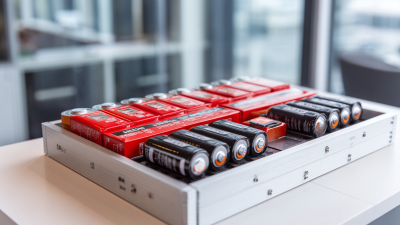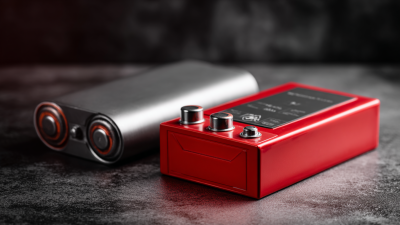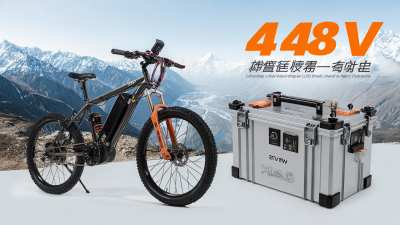The increasing shift towards renewable energy solutions has underscored the importance of efficient energy storage systems, particularly with the rising adoption of electric vehicles and solar energy systems. Among the various battery technologies, the 48V LiFePO4 battery stands out for its exceptional safety, longevity, and efficiency. According to a recent industry report by ResearchAndMarkets, the global market for lithium iron phosphate (LiFePO4) batteries is projected to grow at a CAGR of 14.8% from 2023 to 2030, reflecting their increasing relevance in decentralized energy systems.
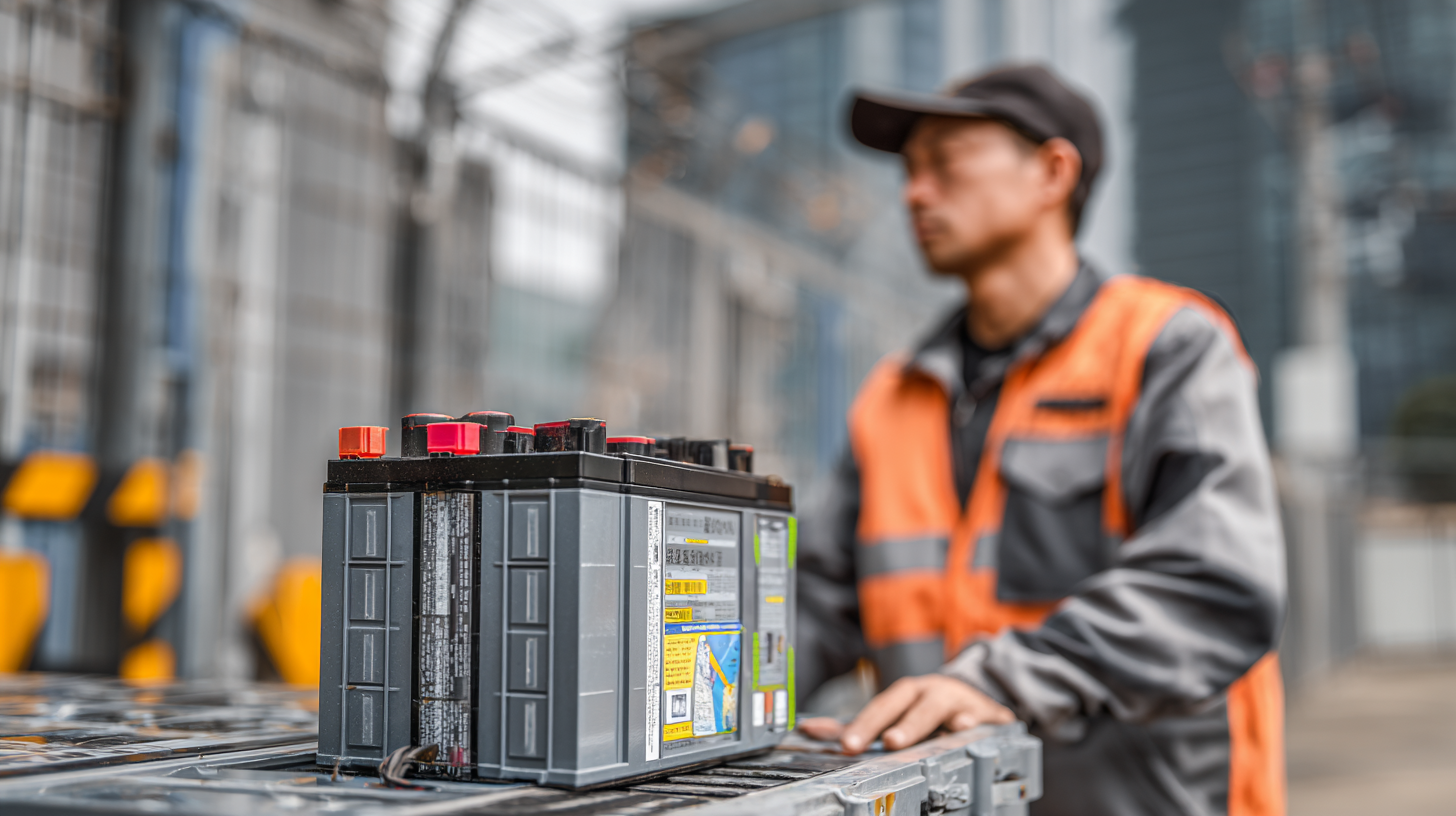
The 48V LiFePO4 battery offers a robust and reliable option for residential and commercial storage applications, with notable benefits such as longer cycle life and improved thermal stability compared to traditional lithium-ion batteries. As renewable energy sources continue to expand, the role of 48V LiFePO4 batteries in enhancing energy management and sustainability is becoming increasingly critical, driving innovation and investment in this sector.
The increasing shift towards renewable energy systems emphasizes the need for efficient storage solutions, and 48V LiFePO4 batteries stand out as an ideal choice. These batteries not only ensure optimal performance but also enhance the reliability of renewable energy applications. Their high cycle stability and safety make them suitable for various configurations, from residential solar setups to large-scale energy storage systems. The unique chemistry of LiFePO4 contributes to lower degradation rates, enabling these batteries to sustain long-term energy output and making them a dependable resource for an unpredictable energy landscape.
Moreover, as the demand for sustainable hydrogen production rises, integrating 48V LiFePO4 batteries into renewable energy systems can facilitate the storage of excess renewable power. This is essential for addressing the fluctuations in energy supply and demand. By effectively capturing and storing surplus energy generated from renewable sources, these batteries support the transition to a hydrogen economy, which aims for true zero emissions. Their compatibility with other energy technologies positions 48V LiFePO4 batteries as a cornerstone in the evolution of sustainable energy solutions.
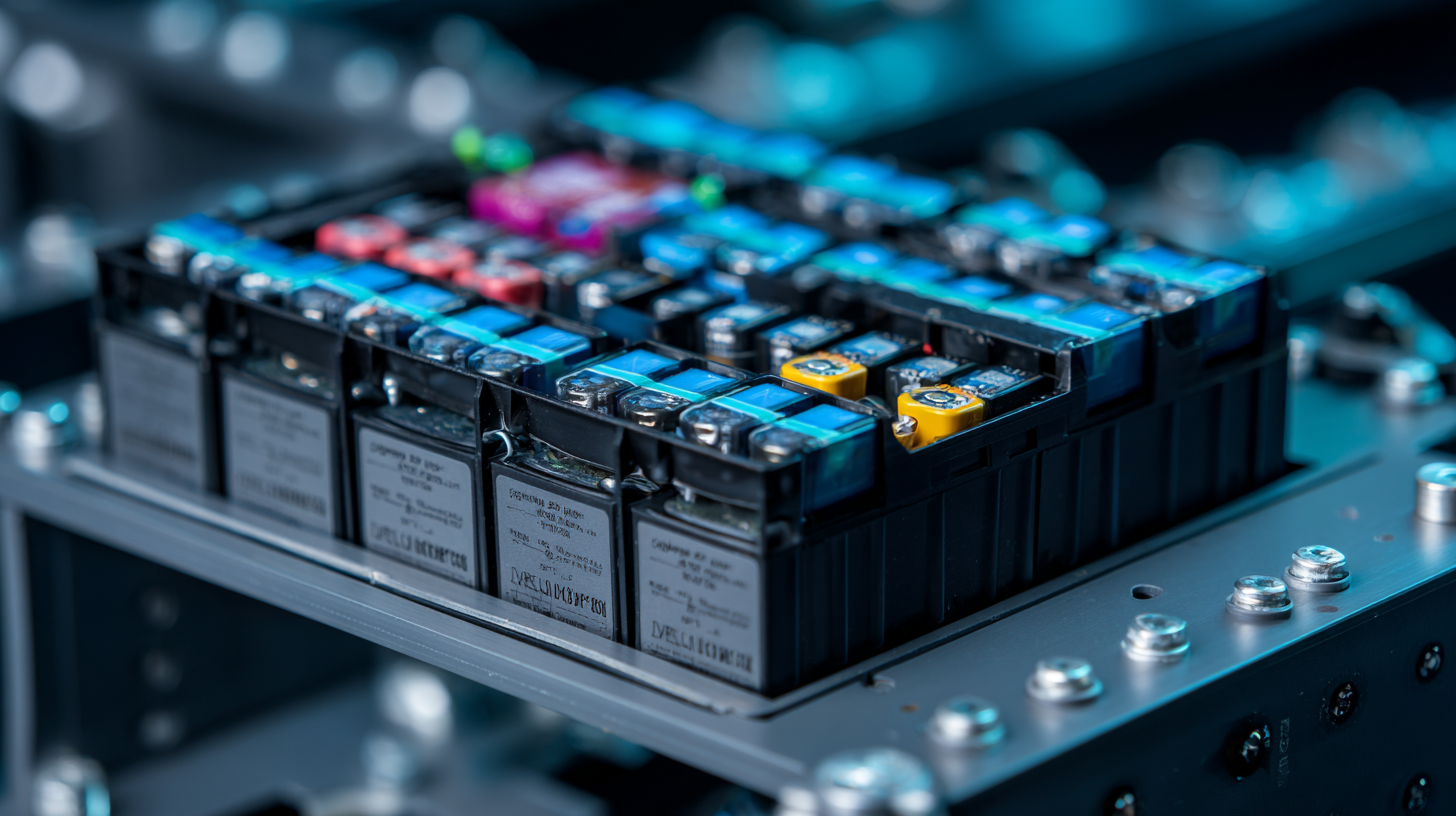
The efficiency of 48V LiFePO4 batteries significantly enhances energy storage capabilities, making them an ideal choice for renewable energy solutions. These batteries offer a remarkable energy density and longer life cycle compared to traditional lead-acid batteries. This results in less frequent replacements and reduced operational costs, which are crucial for both residential solar systems and larger renewable energy installations.
Tips: When considering 48V LiFePO4 batteries for your energy storage needs, ensure that the battery management system (BMS) is compatible with your energy sources for optimal performance. Regularly monitor the temperature and state of charge to maintain efficiency and prolong lifespan.
Moreover, the lightweight and compact design of 48V LiFePO4 batteries facilitates easier installation and integration into existing solar or wind energy systems. Their stable performance across various temperatures ensures reliable energy output throughout the year, contributing to a more resilient and sustainable energy infrastructure.
Tips: To maximize the benefits of your LiFePO4 batteries, establish a maintenance routine that includes checking connections and cleaning terminals. Additionally, utilizing a high-quality inverter can improve the efficiency of energy conversion, further enhancing your overall energy storage system performance.
| Feature | Description | Benefits |
|---|---|---|
| Voltage | 48V systems provide higher efficiency for energy systems. | Optimized performance for renewable energy applications. |
| Cycle Life | Up to 4000 charge/discharge cycles. | Long lifespan reduces replacement costs. |
| Safety | Non-toxic, non-combustible chemistry. | Safer alternative compared to traditional batteries. |
| Efficiency | Higher energy conversion rates. | Maximizes energy usage from solar or wind sources. |
| Temperature Tolerance | Effective performance in wide temperature ranges. | Reliable for various environmental conditions. |
| Environmental Impact | Recyclable materials used. | Minimizes ecological footprint. |
The growing demand for sustainable energy solutions has spotlighted the importance of energy storage systems, particularly the 48V LiFePO4 batteries. These batteries are increasingly favored for their remarkable longevity compared to traditional battery technologies. The inherent chemical stability of lithium iron phosphate (LiFePO4) allows for deeper discharges and more charge cycles, extending their functional lifespan significantly, often exceeding 2000 cycles. This durability makes them an ideal choice for applications that require reliable and long-lasting energy supply.
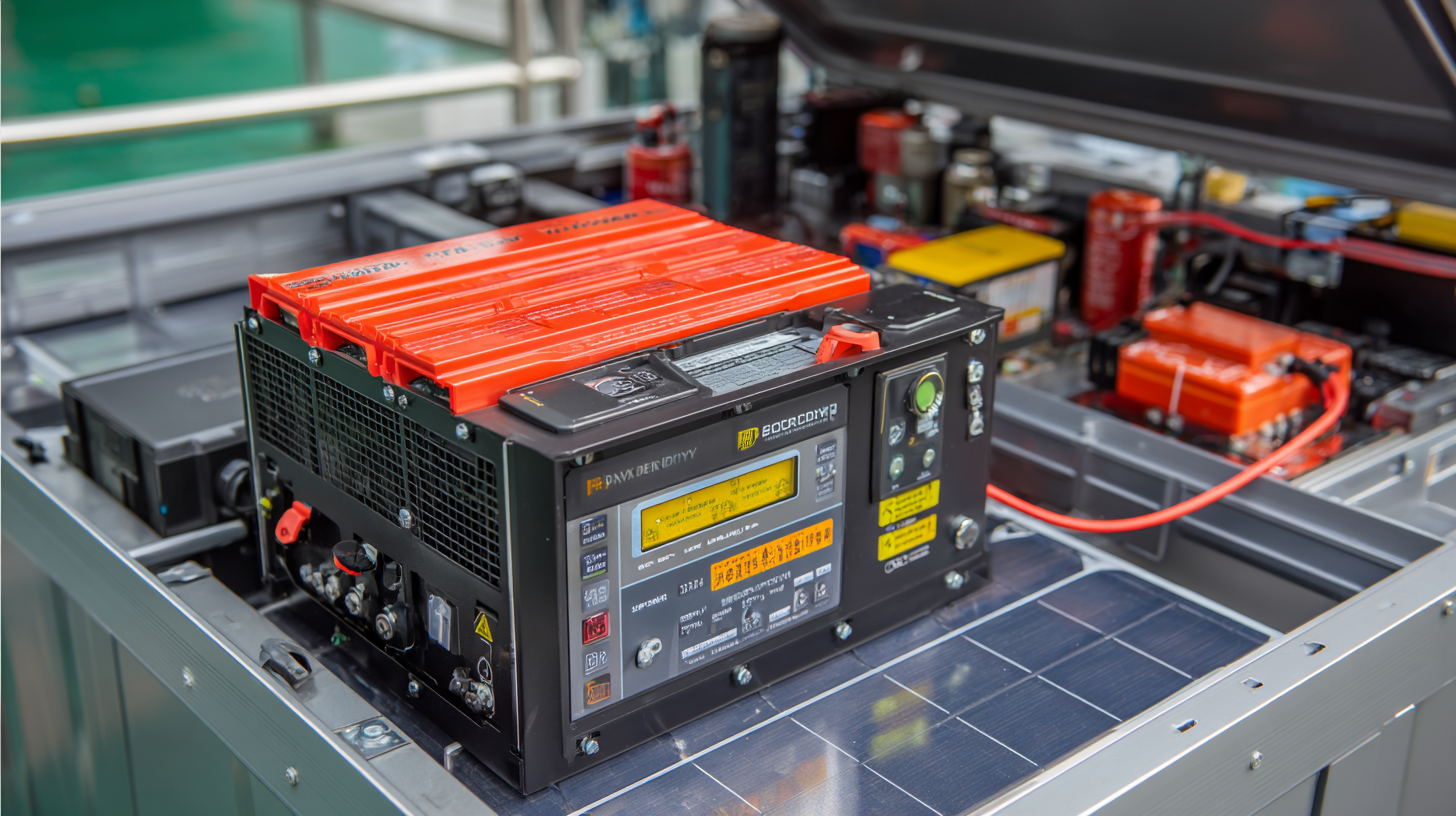
Furthermore, the 48V configuration enhances the performance of renewable energy systems by allowing for efficient energy management and distribution. This voltage level is optimal for many solar power systems and electric vehicles, reducing energy loss and providing a more streamlined operation. As renewable energy solutions continue to evolve, the sustained performance of 48V LiFePO4 batteries not only supports current energy needs but also contributes to long-term sustainability goals, making them an invaluable component in the transition towards a greener future.
The safety features of 48V LiFePO4 batteries significantly enhance their appeal, particularly when integrated into renewable energy solutions. These batteries are crafted with inherent thermal stability and robust chemical properties, which reduce the likelihood of thermal runaway—a primary concern with lithium-ion technology. Unlike conventional lithium-ion batteries, LiFePO4's stable chemistry ensures that even if the battery is overcharged or punctured, it remains less prone to combustion or catastrophic failure, making it a safer choice for residential solar energy systems.
Moreover, the advancements in battery technology have led to systems that incorporate multiple layers of safety features. This includes mechanisms to prevent overcharging and short-circuiting, as well as designs that enhance structural integrity. The recent launch of affordable high-capacity storage solutions underscores the growing demand for safe energy storage alternatives. As residential solar systems continue to gain traction, the integration of 48V LiFePO4 batteries not only boosts efficiency and sustainability but also provides homeowners with peace of mind regarding the safety of their energy storage solutions.
The scalability of renewable energy systems is crucial for meeting the growing demand for sustainable power solutions. 48V LiFePO4 batteries offer significant advantages in this aspect, making them ideal for both residential and commercial applications. Their modular nature allows users to increase or decrease capacity based on specific energy needs without overhauling the entire system. This is particularly beneficial for projects that evolve over time, enabling easy integration with additional energy sources like solar panels or wind turbines.
Furthermore, **48V LiFePO4 batteries** provide a consistent and reliable power supply, which is essential for scalability. Their ability to handle high charge and discharge rates makes them suitable for fluctuating energy demands, ensuring that users can rely on a stable energy output. This reliability enhances the overall efficiency of renewable energy systems, allowing for better management of resources as they scale. Consequently, the adaptability and performance of 48V LiFePO4 batteries facilitate the growth and long-term sustainability of renewable energy applications, meeting both current and future energy challenges effectively.
